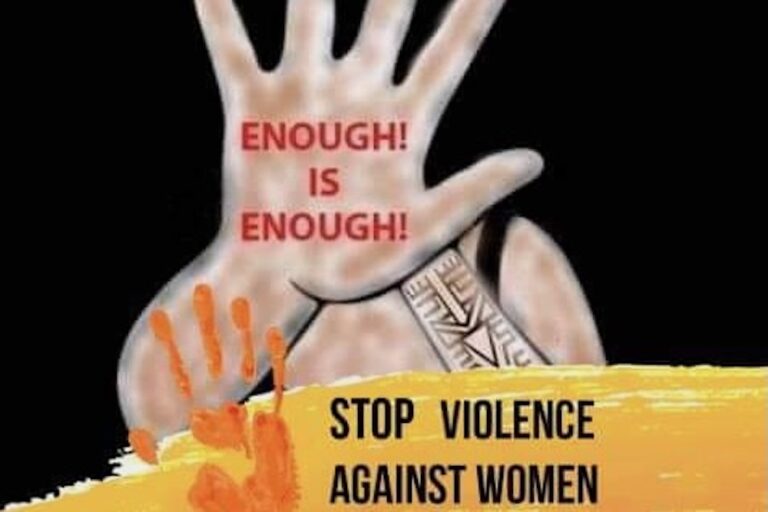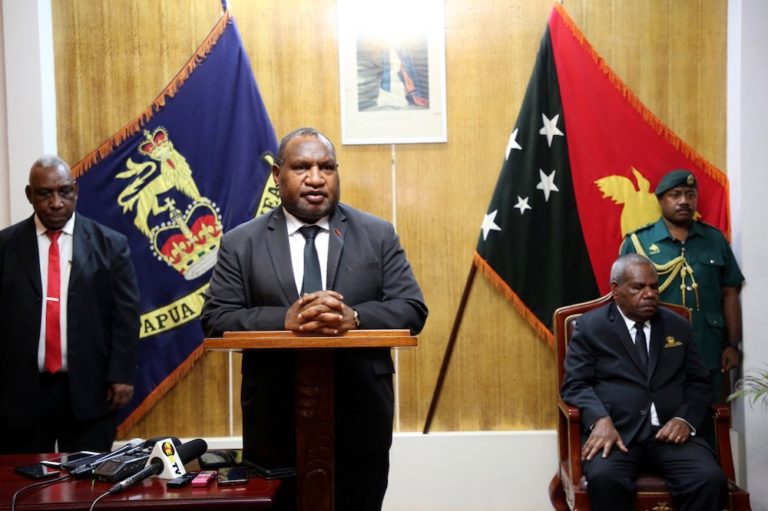(PINA/IFEX) – Papua New Guinea’s main news organisations say the closure of the University of Papua New Guinea’s twenty three-year-old journalism programme attacks media freedom. The president of the Media Council of Papua New Guinea, Luke Sela, issued a statement on 26 January 1999 expressing alarm at the university council’s decision to drop the journalism […]
(PINA/IFEX) – Papua New Guinea’s main news organisations say the closure of
the University of Papua New Guinea’s twenty three-year-old journalism
programme attacks media freedom. The president of the Media Council of Papua
New Guinea, Luke Sela, issued a statement on 26 January 1999 expressing
alarm at the university council’s decision to drop the journalism programme
as a cost-cutting measure. The Media Council, which represents Papua New
Guinea’s main newspapers and radio and TV stations, is a PINA member.
Its statement said: “The Media Council of Papua New Guinea is alarmed about
the funding crisis strategy adopted by the University of Papua New Guinea.
The cutting of courses, whether for intending first-year students or in
midstream, will bleed our future generations of our most valuable asset:
knowledge.
“We particularly see the closure of the journalism course as having a direct
and negative impact upon developing skilled thinkers to record and
disseminate accurate and meaningful information for the benefit of our
people.
“The Media Council of Papua New Guinea will not support the elimination of
media development at its most crucial stage. The closure of the journalism
course is a direct attack on media freedom.”
Background Information
The University of Papua New Guinea journalism course in the capital, Port
Moresby, is one of two in Papua New Guinea at university level. The other is
at the Divine Word University in the northern town of Madang. A statement
from University of Papua New Guinea Vice Chancellor Rodney Hills said an
emergency meeting of the university council on 25 January adopted “radical
strategies to deal with the immediate funding crisis.” This was caused by
cuts in government funding. The strategies included closing a number of
programmes, amongst them journalism.


